Spring is here, and the most obvious signs are the occasional rain and sunshine, with temperatures starting to warm up. In such an environment, bacteria and mosquitoes are most likely to thrive. For plant enthusiasts with gardens or balconies filled with plants, care can become quite troublesome. The following plants are known for their insect-repellent properties, making them ideal for both ground planting and potted cultivation at home.
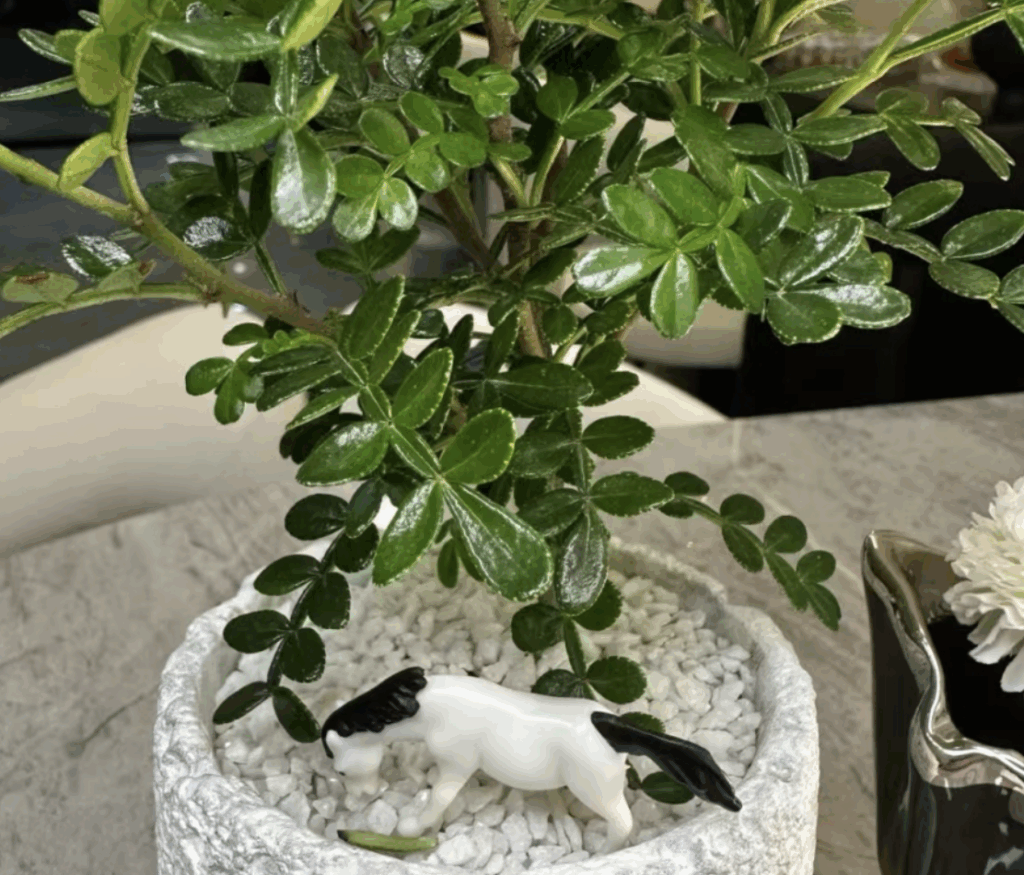
Pine Tree
Pine trees are one of the most common tree species. Their branches and leaves remain evergreen throughout the year, and they emit a unique scent that has antibacterial and insect-repelling effects. Additionally, pine tree bonsais are relatively inexpensive, typically costing around 30-40 yuan in the market.
Care Tips: Pine trees love sunlight for photosynthesis, so they should not be kept in dark places for long. Their roots are quite developed, so they thrive in fertile soil. When planting in the ground, fertilization is not strict, but for potted bonsai pine trees, you should use specialized bonsai fertilizer available at flower markets.
Scented Wood (Qingxiangmu)
Scented wood is native to regions like Yunnan and Sichuan. Its leaves are deep green and relatively small, with a waxy texture and a strong glossy sheen. It also emits a faint fragrance that is pleasing to humans but disliked by mosquitoes and insects.
Care Tips: This plant thrives in clean, well-drained soil and is highly drought-tolerant and resistant to poor soil conditions. It requires minimal watering and fertilization and can grow quickly. Typically, it lives for at least 50 years and is a long-growing evergreen plant.
Yew (Taxus)
The yew has become a trendy plant in recent years. Its long, slender form gives off a faint scent that is not noticeable to humans but repels pests. Yew trees rarely suffer from pest infestations, making them friendly for beginners and ideal for small balconies.
Care Tips: Yew trees are sensitive to cold winds in winter and can easily be damaged by dry, cold air if the temperature drops below 10°C. To protect them, it’s best to bring them indoors when temperatures fall. If planting in a garden, cover them with plastic sheets during winter to prevent wind damage.
These plants not only add beauty to your home but also help in repelling pests naturally, making them perfect for maintaining a healthy, pest-free environment.

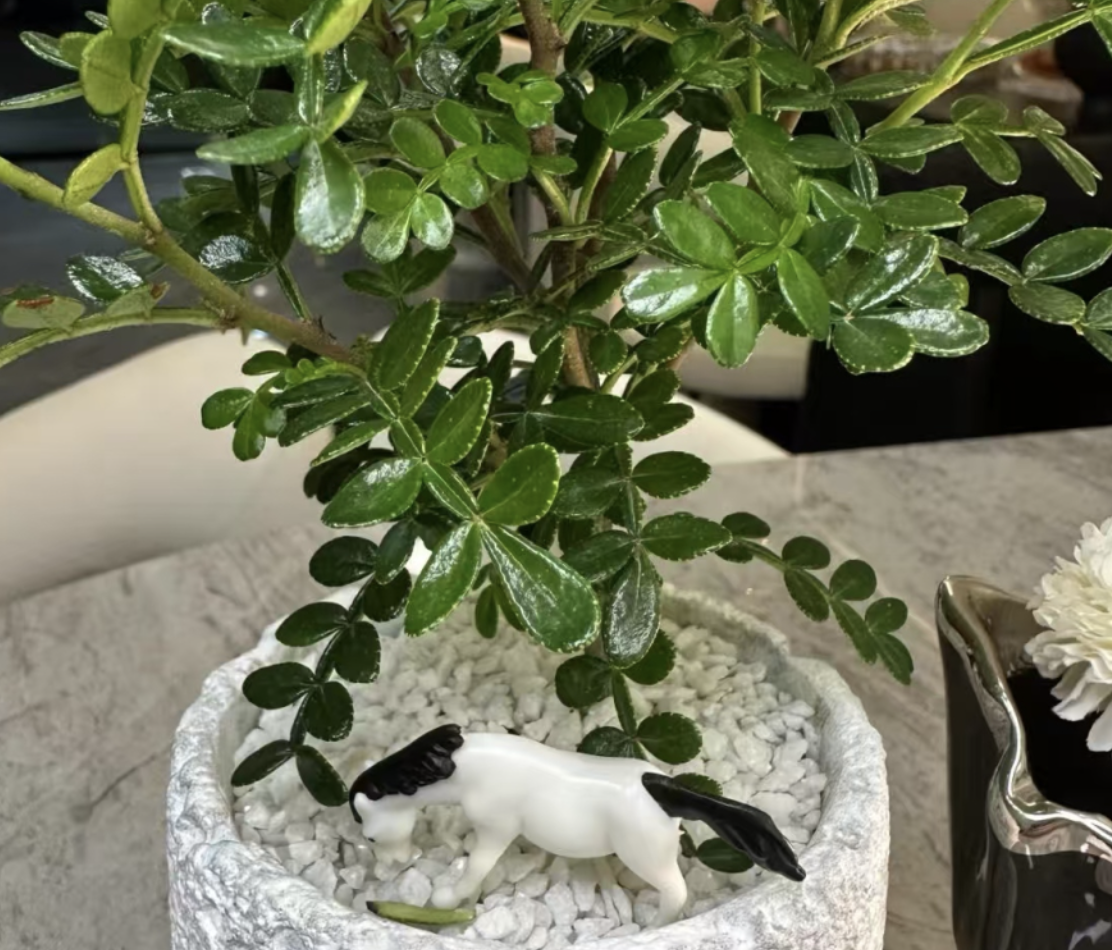
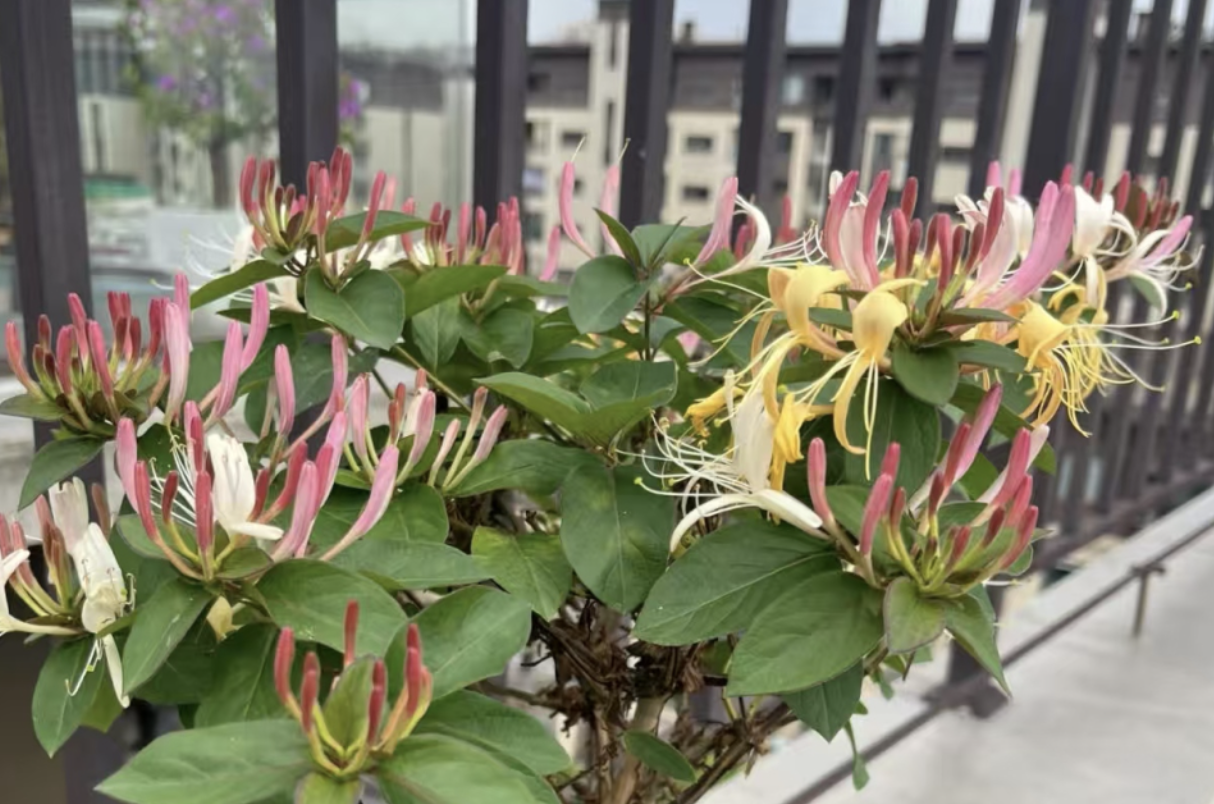
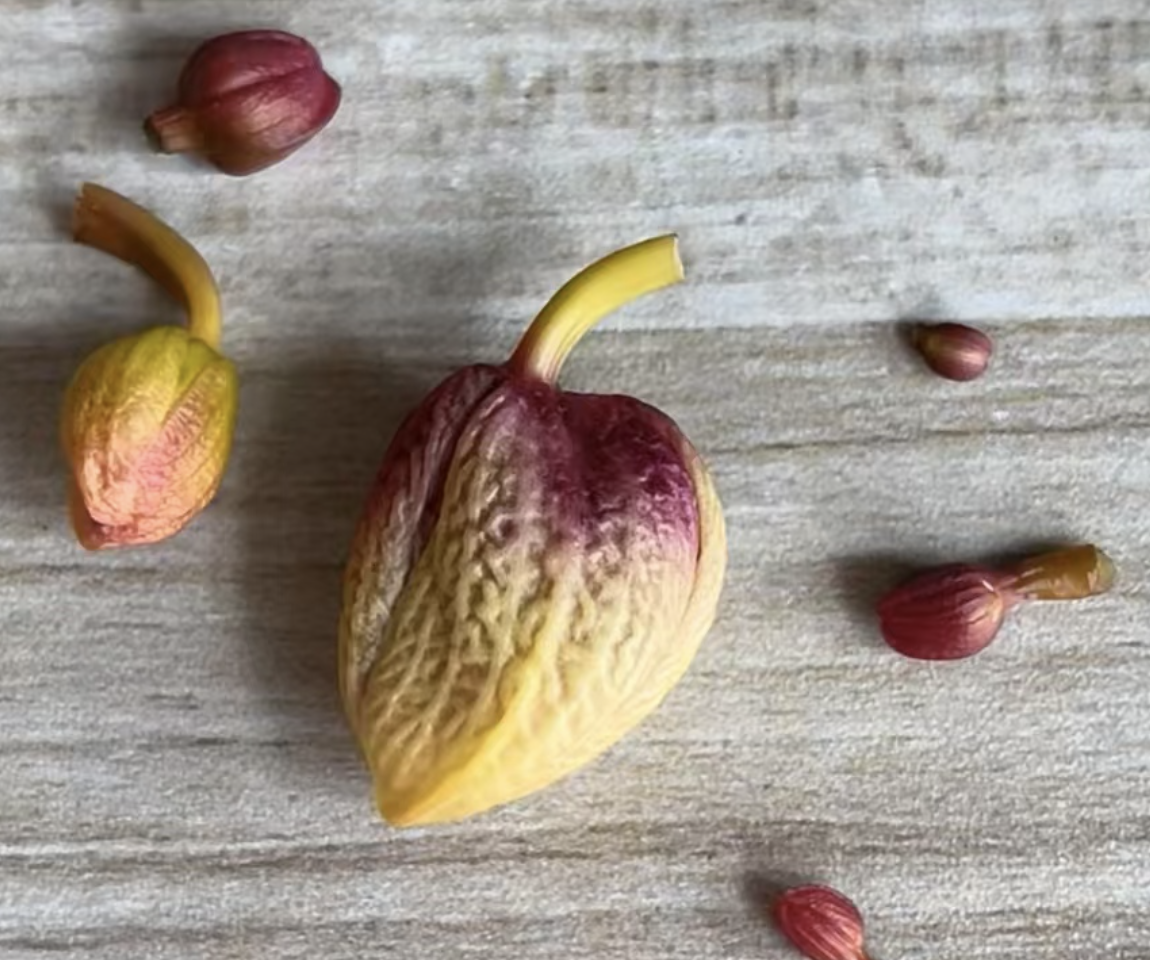
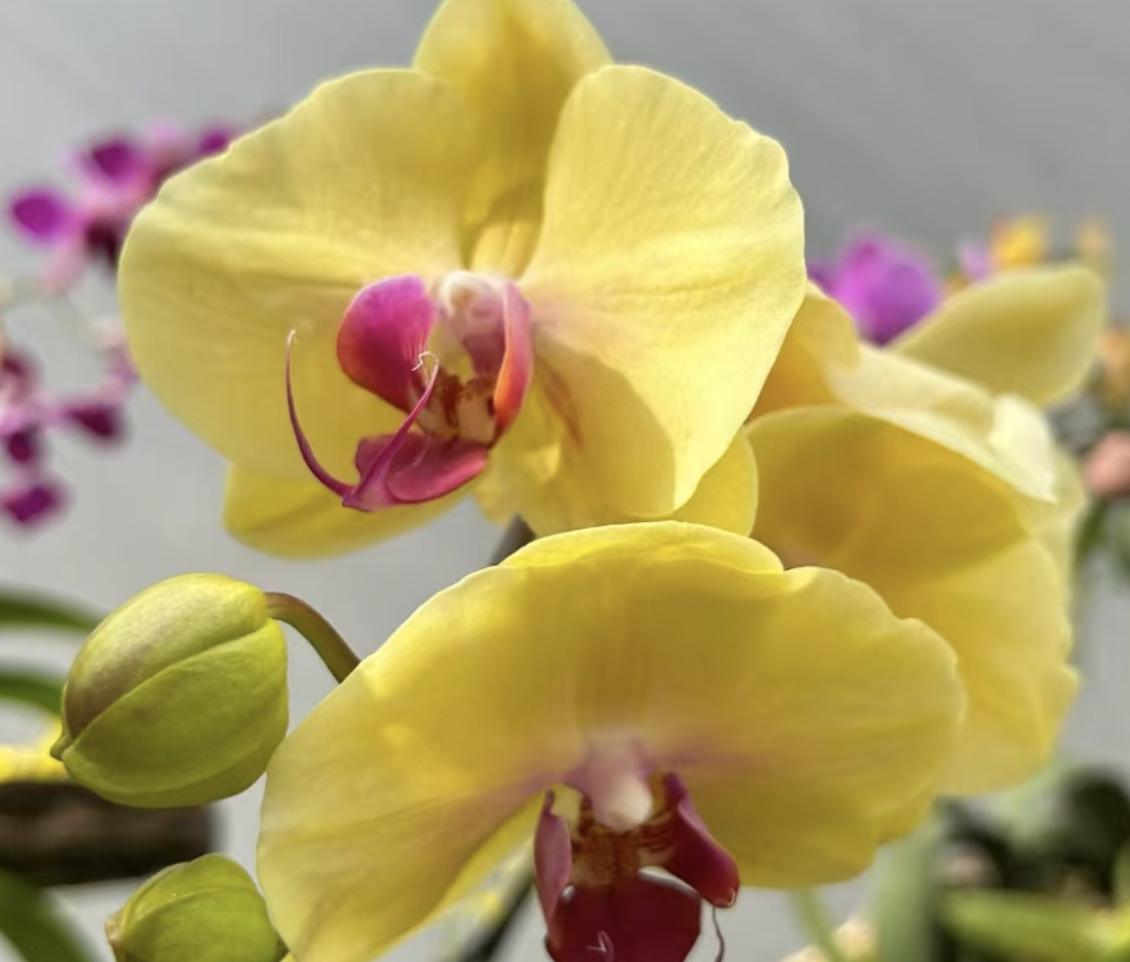
Leave a Reply